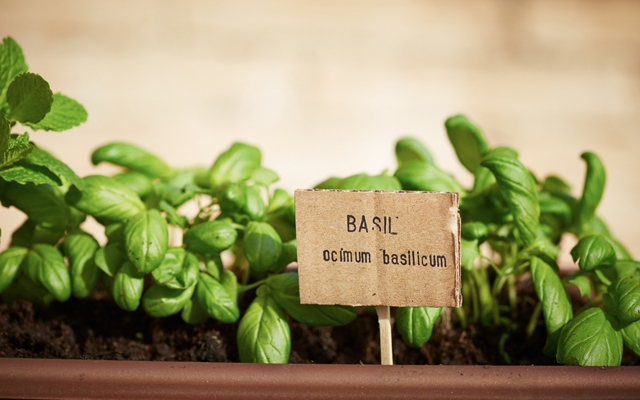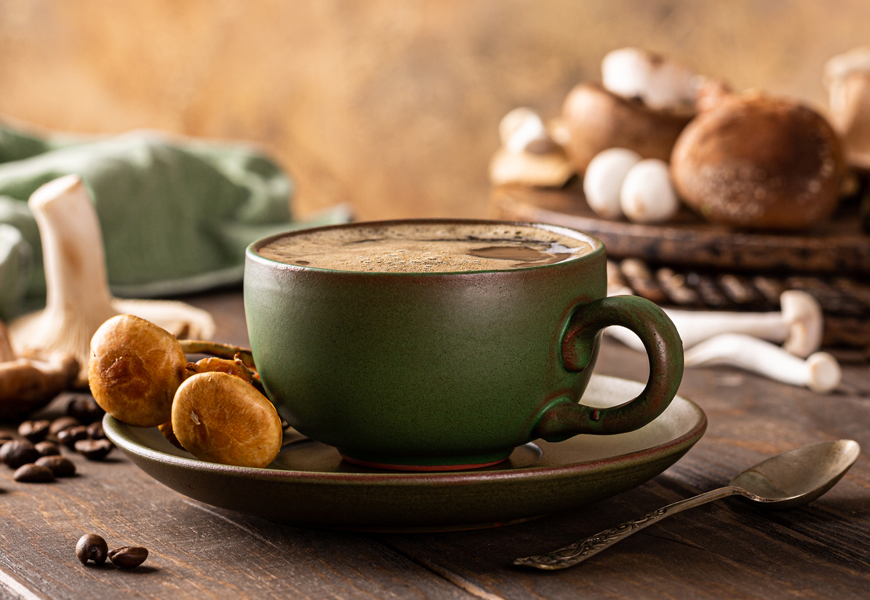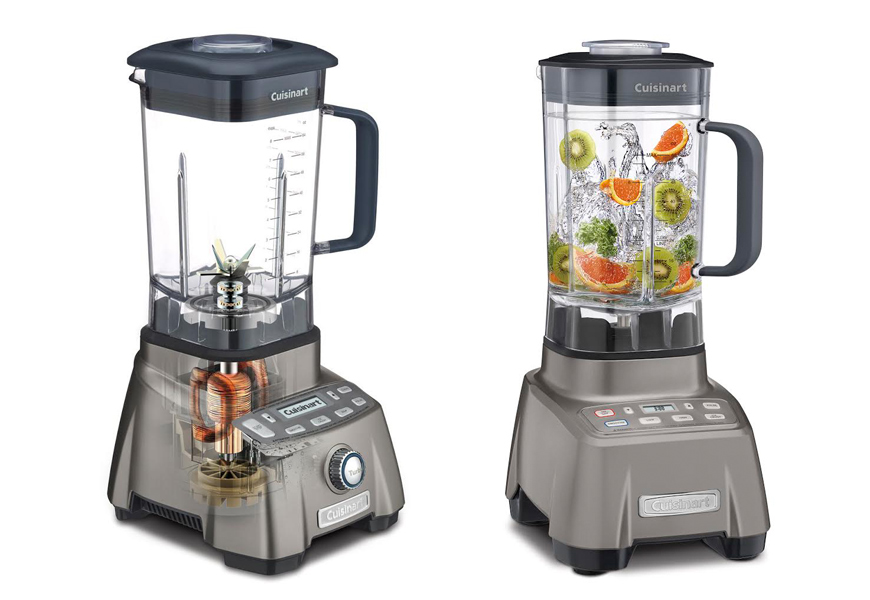The locavore trend has created a group of people who are more concerned with where their food comes from and how it is prepared; in turn this trend has given rise to the home chef. So what is the secret to every successful home chef? Fresh ingredients. Now, we all can’t grow a vegetable garden on our patios or terraces but we can all grow an herb garden. Here’s how:
What to plant:
This is the easiest bit, most herbs are very easy to grow so plant what you think you will use most often in your cooking. If you lean towards Italian food and pastas, then try planting parsley, oregano and basil. A typical meat and potatoes kind of guy should plant sage, rosemary and thyme. If Asian inspired cooking dominates your kitchen, consider herbs like coriander, lemon grass and Thai basil. But if you ‘re skills are more focused on drink than food, then plant basil, mint and rosemary to help you create some craft cocktails.
Where to plant:
Most herbs want full sun and lots of water. Pick a location on your patio that gets direct sunlight for at least one-third of the day; either morning sun or afternoon sun will be fine.
Dependent upon your space, you can grow your whole herb garden in one long trough style planter but be warned some herbs, like mint, are invasive and will take over the entire planter. Opt for a pot that is at least six inches deep – the deeper the soil, the easier the upkeep; make sure your pot has adequate drainage. Plants thrive when the roots are deep, cool, and damp. Just remember, when planting, to make sure you plant your seedlings three inches apart.
How to maintain:
a) Make sure your herbs are well watered – it is hard to overwater herbs in the hot summer heat but just make sure soil always feels moist but not wet. Don’t water foliage in the heat of the day – the water will evaporate faster than the plant can absorb it, and avoid watering at night as it can lead to diseases. It is best to water first thing in the morning.
b) Fertilize. It is always best to start off with organic soil that you have mixed with compost over a synthetic fertilizer. Mother Nature knows best.
c) Pinch. For herbs, you want to pinch off any flower. Otherwise, the plant will start to funnel all of its energy into the flower instead of producing more leaves.
Harvesting:
Once the plant matures, you should harvest regularly, but only in smaller batches. When the growing season ends, feel free to harvest the whole plant. Hang it to dry upside down in a dry, warm place and you will have dried herbs for the winter.












